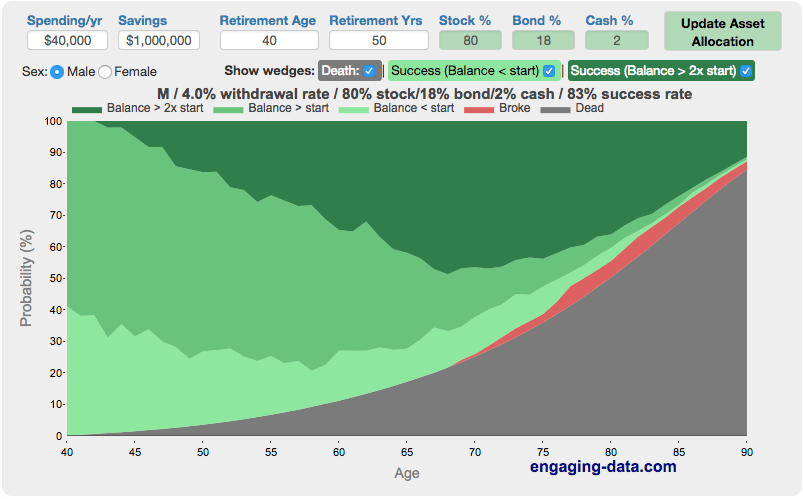You can price plans online Blue Cross in Michigan starts around $600 a month for medical for 55 male nonsmoker. HSA are pretax (and you can invest in them).How much do you think a single person in their 50s would have to pay for monthly health insurance? I was definitely thinking I should get some tests done, like colonoscopy etc… before I take the plunge. I’m getting more and more disgruntled with my job.
Routine colonoscopy are usually 100% covered.
To really max out benefits, you might be able to stay with your employer another year, sign up for maximum FSA, use it up, then retire (you get full FSA access Jan 1 and don't repay it if you leave).




